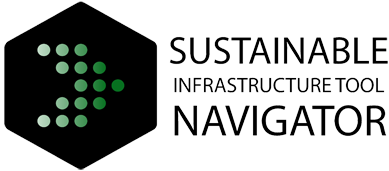Build4skills Toolkit
Organization
Type(s) of Tool
Sector(s)
Lifecycle Phase(s)
Open Source
Language Availability
Country of Origin
Date of Development
Description
Build4Skills aims to improve the integration and therefore available opportunities for technical and vocational education and training in infrastructure project delivery. Build4Skills deploys TVET students to construction sites and trains in-company instructors on didactics, occupational safety and gender sensitivity. The Build4Skills Toolkit is based on the experiences of the cooperation of the project with the Asian Development Bank on infrastructure sites in Mongolia and Pakistan. It derives recommendations on how to implement similar projects elsewhere and like this aims to support MDB’s and other actors to procure their infrastructure projects in a way that contributes to skill and economic development. To do so, it summarizes the Build4skills implementation practice, offers guidance on how Build4Skills can be applied in additional construction projects in the future, and provides an outlook on how this Toolkit and the project’s approach can be further developed. It highlights a delivery framework based on four components to plan and execute a Build4Skills project and two design principles that pervade all four stages.
Tool Outcome
The Toolkit reflects the two-year two-country pilot phases’ findings and represents a step towards a well-evidenced framework that can guide future scaling. It provides training and certification opportunities for individuals and catalyzes systemic change toward increasing practice orientation in technical and vocational education and training (TVET). In Pakistan, the approach was integrated into the design of the reference construction project. Meanwhile, in Mongolia, there are diverse practical trainings on construction sites, and experienced construction workers benefit from the recognition of their skills. In both countries, the technique has also encouraged girls and women to pursue a career in the construction industry and made technical vocation more accessible for female workers. The Build4Skills project is now looking for additional partners.


